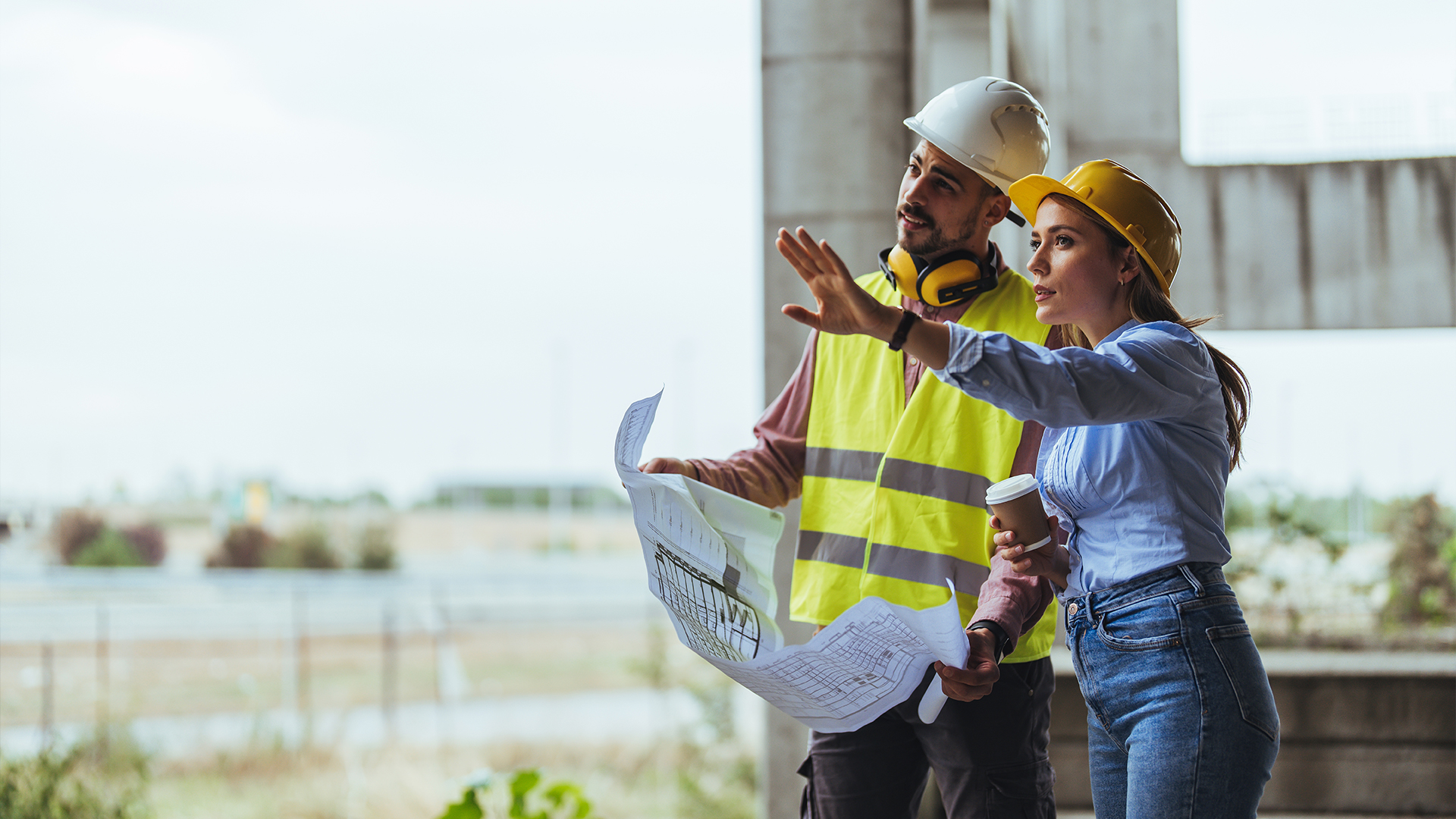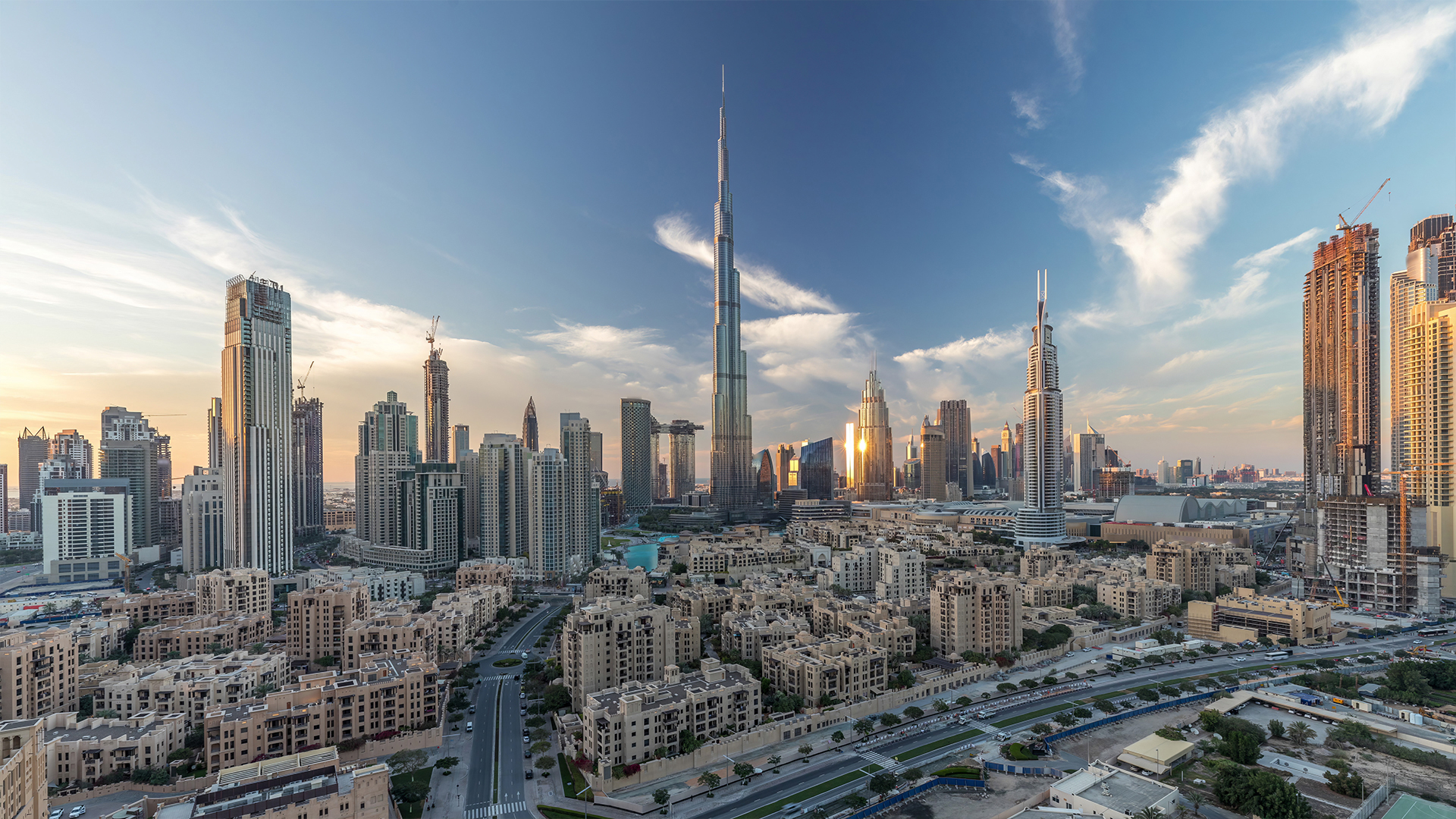Dubai is set to roll out new construction laws to boost transparency, quality, and efficiency across the sector. The enhanced Contractor and Engineering Consultancy Rating System will be led by Dubai Municipality and guided by Law No. 7 of 2025 Regulating Contracting Activities in the Emirate of Dubai.
The new Dubai construction regulations 2026 will guide how contractors, engineers, and consultants work in the coming years.
Here's everything you need to know about the new contractor law Dubai 2025.
New Construction Laws in Dubai 2026 - An Overview
Dubai Law No. 7 of 2025 introduces a new Contractor Register, administered by the Dubai Municipality and supervised by the newly formed Contracting Activities Regulation and Development Committee. All contractors operating in Dubai are required to register and comply with the new classification framework by January 8, 2027.
Law No. 7 of 2025 represents the most comprehensive update to Dubai construction regulations. This law update applies to all contractors operating in the emirate, including those in free zones and special development zones such as the Dubai International Financial Centre (DIFC).
However, infrastructure-related contracting, particularly airport development, may be exempt, pending recommendations from the new regulatory committee.
Contractors will now be classified by expertise, qualifications, and capacity and must operate strictly within their approved limits. Subcontracting without prior written approval is strictly prohibited, reinforcing a higher level of construction compliance in Dubai.
The revised framework introduces precise performance benchmarks, bolsters ethical practices, and enhances construction safety.
Contracting Activities Regulation and Development Committee
In support of these reforms, the law introduces the Contracting Activities Regulation and Development Committee. It is a powerful new oversight body chaired by a Dubai Municipality representative.
This committee is tasked with approving contracting activities, assigning regulatory authority, resolving jurisdictional disputes, and implementing a comprehensive code of ethics across the sector. Its collaborative framework will bring together key public and private stakeholders.

Formation of Centralized E-Registry System
According to the Dubai construction law update, Dubai Municipality has been directed to establish a centralized, integrated electronic registry. Linked to the Invest in Dubai platform, this e-registry will catalog contractors by field (e.g., construction, demolition) and issue professional competency certificates to qualified personnel. This digitization push forms a cornerstone of the emirate's modernization drive.
All contractors are mandated to register in the new digital system and regularize their status within one year of the law’s enactment. The committee may extend this transition period by an additional year. Contractors with expiring licenses during this period can renew after signing a formal compliance declaration.
 Apartments
Apartments Villas
Villas Townhouses
Townhouses Penthouses
Penthouses Commercial
Commercial See All Properties
See All Properties Commercial
Commercial Property Management
Property Management List Your Property
List Your Property Mortgages
Mortgages Conveyancing
Conveyancing Short Term Rentals
Short Term Rentals Property Snagging
Property Snagging Partner Program
Partner Program Currency Exchange
Currency Exchange PRYPCO
PRYPCO Ethnovate
Ethnovate Plots
Plots


